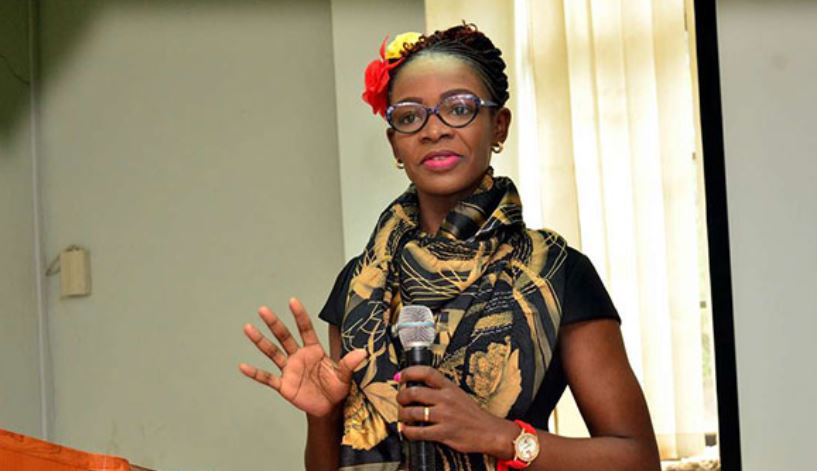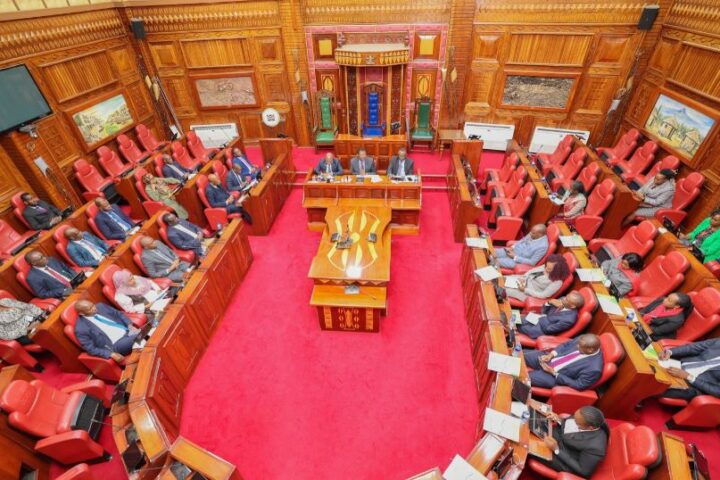
She talked to myNetwork:
What would you be if you were not a doctor?
An anthropologist. Travelling to new places and learning other people’s cultures excites me. It is interesting how people’s backgrounds and societies influence their approach to everything, including health.
What percentage of Kenyan women seek obstetrical and gynaecological services?
We have about 500 obstetrician and gynaecologists in Kenya for a population of 25 million women, 15 million of who need regular gynaecological services.
Unfortunately, only a small fraction of women seek these services, and mostly it is those in the most desperate situations.
Women in rural areas have always held the short end of the stick in healthcare matters. The deeper a woman is in the village, the more difficult it is for her to access quality healthcare.
Sometimes, by the time she is seen by an obstetrician, her condition has severely deteriorated. Our country has also failed to appreciate that highly specialised personnel are almost useless if the required tools of trade are not made available.
An obstetrician or gynaecologist in a hospital without a functional lab, access to blood transfusion services, a functioning ICU, an operating theatre and the appropriate complementary staff is a fish out of water.
What has been your greatest challenge so far?
Handling patients who are cash-strapped. Sometimes I agree to see a patient after waiving consultation fees, but they end up going back home because they cannot afford to pay for the required tests.
Imagine you diagnose a patient with stage one cancer of the cervix; then she disappears for months before showing up at the emergency department with stage four cancer, when nothing can be done to help except palliative care.
What is your most cherished memory from your days in college?
The regular visits to the paediatrics ward while I was in fourth year. I loved caring for the sick babies and the amazing cancer patients who could pronounce the difficult names of their cancer drugs better than us!
But what I loved most was minding abandoned babies. They all had interesting stories to tell. I remember caring for a set of twins who loved everything on wheels.
One afternoon, they snuck out of their cot and into the corridor and made away with the mortician’s trolley. They didn’t know there was a little girl’s body inside, covered with a white bed sheet. Let’s just say the mortician nearly suffered a heart attack.
What would you tell a young doctor looking to specialise as a gynaecologist?
It is all about passion. At any one time, you’ll be required to handle two lives. Within the blink of an eye, things in the delivery room can change from merry to utterly chaotic, so you’ll need to think on your feet always, and be very decisive.
But this passion must be accompanied by great communication skills. In Kenya, one in every four medical negligence suits filed at the KMPDU involve obstetricians and gynaecologists.
Therefore, you must be very cautious and ethical at all times. Communicate with your patients and their kin effectively and involve them in every step of the decision making process if possible.
What should be done to make conversations about reproductive health more palatable?
Parents and guardians need to begin having such conversations with their children early so that the topic becomes normalised as the children grow up.
One way of doing this is to take young children on visits to the gynaecologists. This will encourage them to develop the confidence required to discuss their reproductive health issues.
Unfortunately, we have equated reproductive health conversations to discussions about sex only.
Why did you choose to join advocacy?
Every time I sit down with a patient, even the most educated, I find out that they lack crucial information.
Many patients still do not understand their right to health as envisioned in the constitution, the right to information, to confidentiality, to informed consent, to a second opinion, or to the best available quality of healthcare.
We complain about our failing health systems yet, as patients, we do not know the powerful role we can play in abetting this failure.
Additionally, patients are usually very vulnerable when sick and this is when many of their rights get violated. The reality is, we are all just a step away from being in a three by six hospital bed.
What is the most common health issue afflicting young women today?
Menstrual problems. This does not mean this problem is more common in this age group, rather, women at this age can seek care on their own for problems they have endured for years, usually since teenagehood.
To begin with, at this age, there is the freedom to seek medical care as an individual rather than under the care of a guardian. Further, there is a lot more access to information, enabling these women to understand that menstrual health issues are actually treatable.
What cringe-worthy mistake did you make as a greenhorn?
I was on night duty in a busy maternity theatre, and I was unwell. We did 11 C-sections that night. I was so exhausted.
After the final operation, I closed the cervix and stepped back from the table. I was light-headed and felt hot in the scrubs. The assisting nurse took one look at me and made me drink glucose water straight out of the IV bottle, yet this is meant to be administered intravenously.
I managed to hang on long enough to complete the surgery but I could not get myself home. The theatre-in-charge had to get the hospital driver to take me home.
I stayed in bed for three days nursing a bad flu. I should have called for help that day but I was so young and naive.
I was lucky we did not record any mishaps. I learnt one thing — I must always be safe first before attempting to save anyone else.






